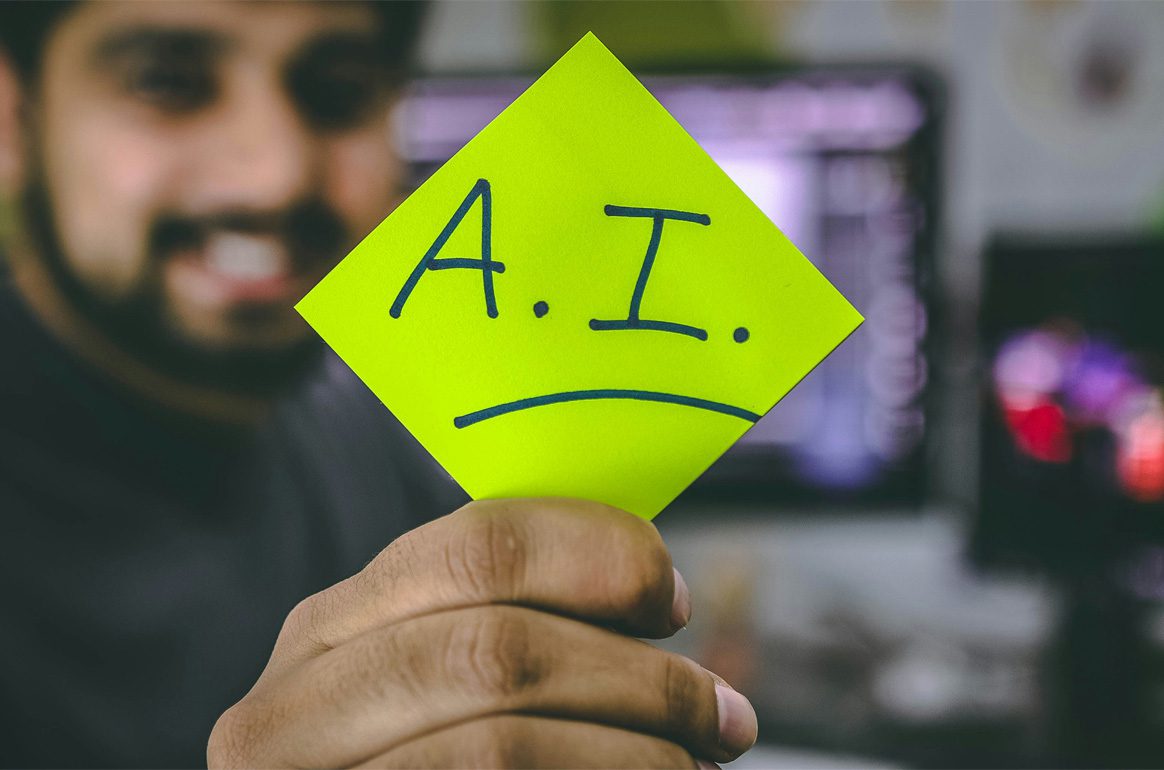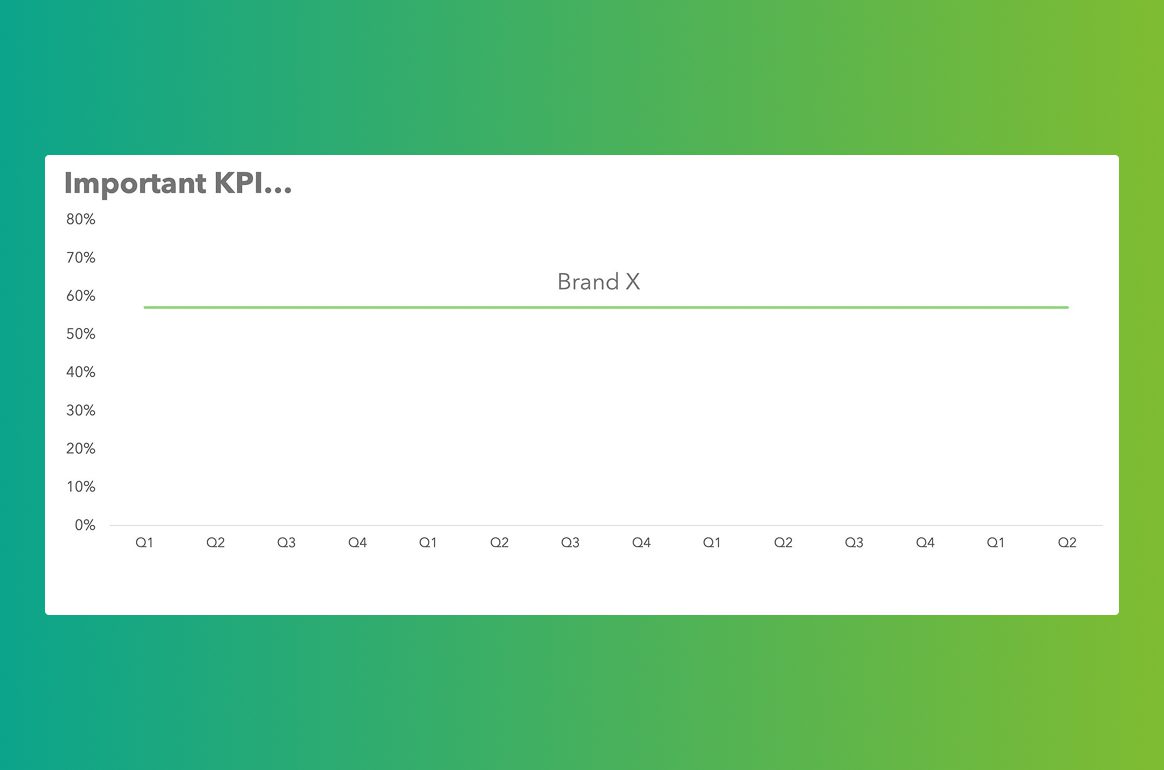AI: The good, the bad, and the ugly
Just 5 years ago, talk of AI seemed largely relegated to tech spaces and science fiction, but in just one blink it’s proliferated into everyday life, upending entire industries and re-defining careers – including mine as a young researcher.
Almost every week, I’m seeing a news article about an AI model surpassing yet another benchmark as it becomes smarter, quicker, and more capable. This exponential developmenthas been met with much enthusiasm but also growing concern.
Proponents of AI will marvel at its almost endless possibilities, from the simple ability to automate data entry, to helping identify cancer, and even potentially solving world hunger. Those who are more sceptical suggest AI is not only harming individual creativity by infringing on intellectual property but actually poses an existential threat to humanity, destroying the environment and having the ability to rapidly disseminate misinformation.
Across industries, we’re seeing AI dominate the conversation, and in the world of market research, that’s no different.
In quant research, AI is cleaning and prepping data, creating charts, and performing data analysis. Qualitative researchers are seeing the encroach of AI too, with real time transcription, the ability to pull-out quotes in seconds, and summarising large focus groups in just a few clicks.
While this presents opportunities to automate away the more routine and less ‘inspiring’ parts of our work, as a young researcher I can’t help but look at this and think “wait, isn’t this a lot of what I do?”
Is my job safe?
The looming threat of AI replacing us in the workplace is ever present, especially for those of us in entry-level and early-career roles in market research where AI is already quite capable at performing many of the tasks we undertake on a day-to-day basis. In fact, 97% of market researcher decision makers believe AI will soon replace roles such as ‘Market Research Assistant’ entirely.
So, some concern is warranted, but perhaps overblown. There will always be a need for new, entry-level researchers to develop into senior and experienced researchers. I don’t see AI completely replacing us at this level, but the nature of our roles will change. My job, in its current state, might not be safe, but that just means we have to adapt.
So, what can we do?
With these concerns, some may be choosing to bow out of the industry, but I think that’s a mistake. For those of us starting our careers in a post-AI world, we’re in a unique position, because for us, AI has been here from day one – this means we can grow alongside AI andnaturally integrate it into our skillset and professional development in a way that senior researchers used to the ‘old world’ are less inclined or able to do. The industry will need people who know how to use AI, and who better than us?
It also stresses the importance of developing the uniquely human skills that researchers need. Looking at spreadsheets, crunching numbers, and monitoring trends is just one part of what we do, we’re also storytellers. Data alone isn’t useful – taking data and turning it into actionable insight can only be done through an inspiring story and narrative, which requires creativity, out-of-the-box thinking, and an emotional edge. That’s something we can do better than AI.
Being cautiously optimistic
AI is here to stay, bringing with it the good and the bad. AI won’t replace us, but it will change the way we work going forward. Maybe instead of cleaning data, we’ll be checking AI outputs for hallucinations? Instead of excel knowledge, will Prompt Engineering be a skill you’ll need on your CV? The future impact of AI on the market research industry is still uncertain, but it will be important to embrace AI and learn how to work with it, not against it.






